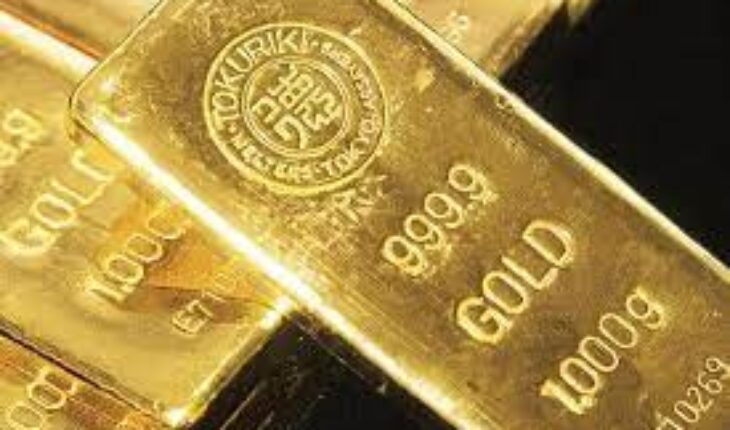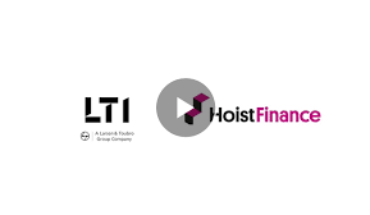By Dominick Rodrigues
Mumbai : While gold prices zoomed to record levels, April presented a good start to the second quarter of 2021 with gold prices appreciating by ~3.5% and ending the month at $1770 levels amid retreating US Treasury yields and a softer dollar, according to a monthly Gold View report for April 2021 by Chirag Mehta, Sr. Fund Manager-Alternative Investments, Quantum Mutual Fund.
Since the start of this year, gold has been under pressure as the dollar and US bond yields surged pricing in a swift turnaround of the US economy. Higher yields compete with non-yielding gold. And higher yields meant a higher US dollar, as investors’ worldwide likely bought dollars to buy those bonds. A stronger dollar is a headwind for gold which is priced in dollars. Rising confidence about the economic outlook fueled risk assets too, hurting demand for gold.
US GDP growth for the first quarter of 2021 came in at an annualized rate of 6.4%, an encouraging figure but lower than expectations. It remains to be seen whether this stimulus led rebound will sustain or will the US economy require yet another round of handouts to keep things going.
But for now, the strength of this improving risk appetite has begun to fade. It is possible that confidence has peaked, making it difficult for markets to become even more euphoric given that there is still a long way for the majority of the population to get vaccinated and new waves and variants of Covid-19 continue to take a toll on the pace of the global economic recovery. Risk assets riding on easy money however, continue to do well, raising concerns of frothiness and limiting a rally in gold prices.
Rising bond yields too seem to have run out of fuel as of now. Through the month, the 10-year US yield fell about 25 basis points from the more than one-year high reached in March to near 1.5%. By the end of the month, the yield though recovered to 1.62% again adding some weakness to gold. At first, the markets didn’t buy the Fed’s story of allowing inflation to rise substantially without hiking interest rates for several months. However, it seems that Chair Powell has finally at least managed to convince investors that despite a rosier economic outlook, the Fed has no plans of tapering any time soon and that any exit from the easy money policy stance will be gradual. This has boosted the demand for gold.
Gold’s nemesis — the US dollar — settled ~2% lower pushing up gold prices. As expected, the strength in the US dollar in the first quarter of the year was short-lived. Rising US debt levels as a result of the unprecedented spending and stimulus and the resulting dollar debasement seem to be finally reflecting in the currency. President Biden announced another spending package of $1.8 trillion barely a month after he issued a $2 trillion infrastructure proposal taking the US fiscal stimulus total to over $6 trillion 4 months into 2021.
With this continued government spending which is unlikely to abate even next year ahead of the midterm elections, more money will trickle down to the real economy, triggering robust inflation going forward. This will be dollar negative. In addition, the unequivocal central bank monetization of the government debt is hurting the credibility of the US dollar in the eyes of global investors.
Demand for gold is also influenced by geopolitical instability. Prices thus got a boost after the US government imposed sanctions on Russia as punishment for allegedly interfering in the 2020 US elections and for cyber-attacks on the US government and businesses. The US has also sent two warships to the Black Sea to oppose the Russian buildup of troops along the Ukrainian border. Sanctions placed on Russia after it invaded Crimea prompted the country to diversify its foreign reserves away from the dollar. This time too this could trigger gold buying by the Russian central bank.
Biden has also repeatedly acknowledged that competition with China is the greatest foreign policy challenge that the US faces. His government continues to press Beijing on human rights, address the trade imbalance and maintain a strong military presence in the Indo—Pacific region to deter China’s growing strength. Relations between the two super-economies thus continue to be strained.
Central Bank gold buying has been robust over the last decade. But the buying paused in 2020 as gold rallied to record highs and the pandemic shut down economies around the world. However, this trend seems to be turning around now.
Central banks of Hungary and Poland have made several gold purchases off late. Decisions to purchase the long-term store of value gold were strategic, taking into account massive increases in government debts and rising inflationary pressures as a result of the unprecedented global monetary and fiscal easing in response to Covid-19.
The Indian rupee is back to its depreciating trend with the second wave of Covid-19 and resulting restrictions raising concerns on the growth outlook and prompting foreign investors to exit their Indian investments. This has been supporting domestic gold prices.
Gold along with its dominant price drivers –US dollar and US bond yields– may remain choppy going forward as investors weigh strong US economic data on the one hand with US policy maker’s commitment to monetary and fiscal accommodation on the other. But it’s possible that the yellow metal has bottomed out and is headed for recovery.
The fundamentals point to higher gold prices over the near to medium term. Investors may step in and increase their allocation to 10-15% of their portfolio at these levels to benefit from the price appreciation that would probably follow as constructive macroeconomic fundamentals weigh in favor of gold, the report stated while quoting sources like: Bloomberg, World Gold Council.





